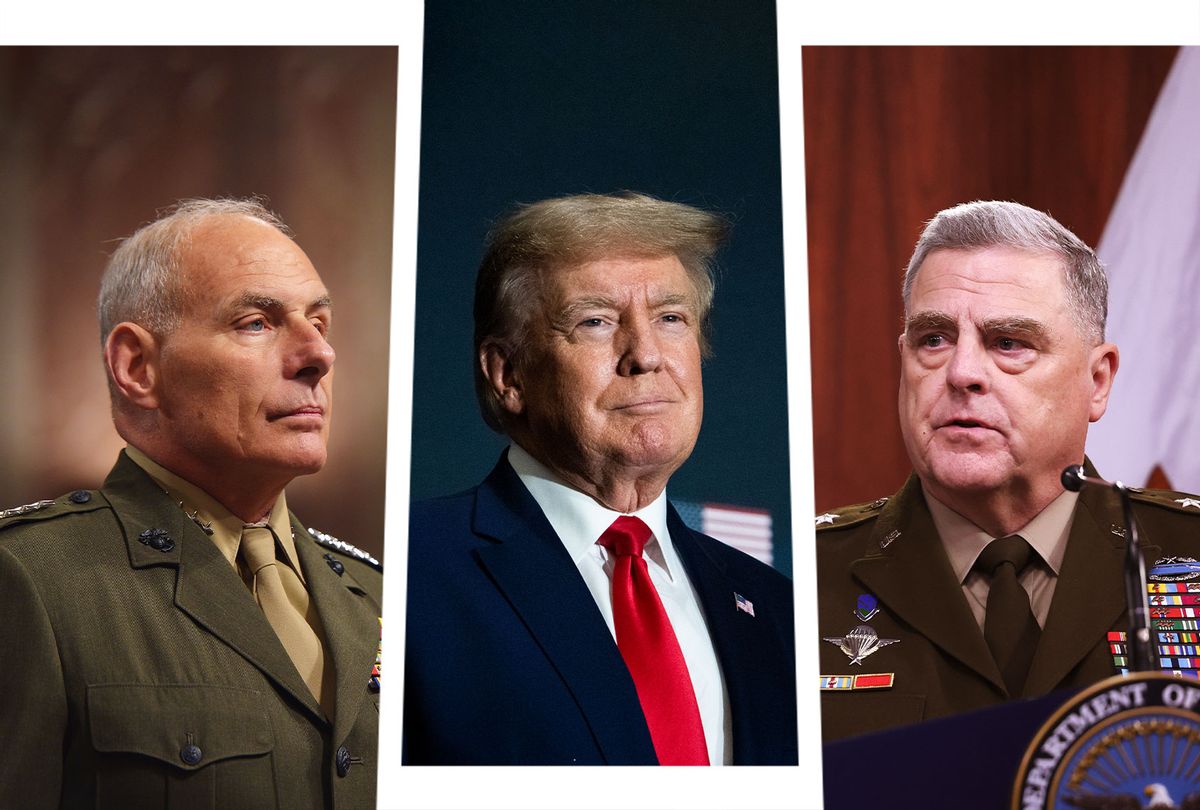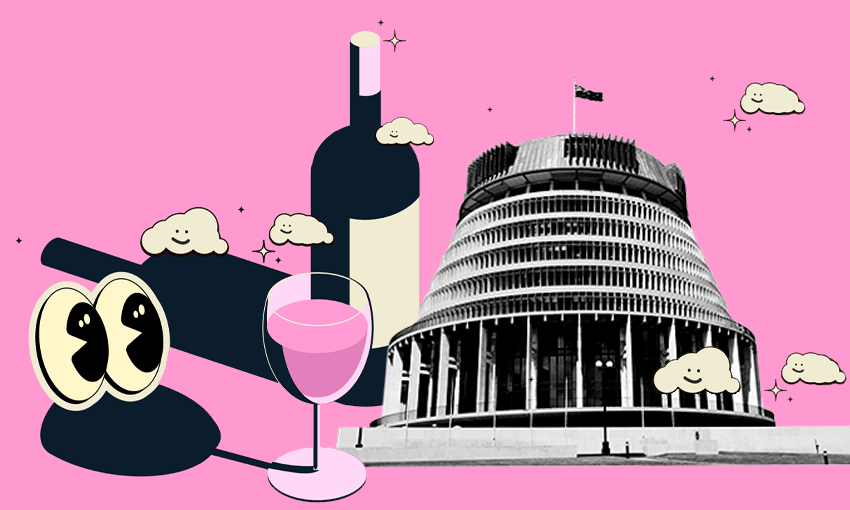Authors: Swaran Singh and Yves Tiberghien, UBC
There is plenty of blame to go around for the apparent fourth Taiwan Straits crisis of August 2022. Intensely partisan US politics have taken the liberal international order for a dangerous ride. Increasingly nationalistic politics in China have produced assertive foreign policy behaviour and in the age of social media, emotions across the Pacific are boiling over.
The delicate diplomatic compromise of constructive ambiguity over Taiwan’s status initiated by former US national security advisor Henry Kissinger and Chinese premier Zhou Enlai in 1972 is fraying beyond repair.
We are witnessing a ratcheting up of the struggle between ideational commitments to the rival principles of democracy and national sovereignty.
The compromise around a general ‘One China’ policy, coupled with the deterrence inscribed by the 1979 US Taiwan Relations Act and other reassurances which were last reinforced in 1998, have been the foundation of diplomatic relations between China and Western nations. Should this delicate equilibrium break, the global order will be undermined, resulting in heightened tensions to the point of possible conflict.
The region is rattled in the wake of US House of Representatives Speaker, Nancy Pelosi’s visit to Taiwan and China’s response in the form of massive military exercises and diplomatic bluster. The Chinese navy and air force have entered Taiwan’s territorial waters for the first time. Missiles have landed near the island and in Japan’s exclusive economic zone. China has also severed most diplomatic channels with the United States and walked out of the ASEAN summit, not once but twice.
India expressed its concern with a loud silence, Southeast Asia with an urgent call for tension de-escalation and South Korea with the surprising snub of Pelosi during her visit to Seoul.
Japan joined the G7 communique supporting Pelosi’s visit and condemned China’s dangerous military response. This enraged China and caused the last-minute cancellation of a planned meeting between China’s Foreign Minister Wang Yi and Japan’s Foreign Minister Yoshimasa Hayashi.
It is worrisome that the world’s two economic and military superpowers keep escalating their tit-for-tat interactions without a visible endpoint or any institutionalised guardrails. The current fulcrum of domestic politics in each country appears to reward a bottom-line mentality, normative grand standing and mutual discounting. Such a high-risk situation is a flashback to the politics of summer 1914 or the Cuban Missile Crisis of 1962. The domestic mood in each country discounts the misery that one wrong move could create, especially for the people of Taiwan. There is no incentive to pursue stabilisation through restraint or accommodation or willingness to show any appearance of weakness.
Pelosi’s Asia tour was totally overshadowed by speculation about her Taiwan visit. Despite reassurances by the US Secretary of State, Antony Blinken, that Washington’s commitment to the ‘One China’ policy remains unchanged, Chinese Foreign Minister Wang Yi called the visit ‘manic, irresponsible and irrational’. As pre-warned by Chinese President Xi Jinping, China used the visit to undertake high-calibre live fire drills —effectively enforcing a four-day blockade of Taiwan and disrupting shipping and flights into Taipei.
The visit was preceded by secrecy and press leaks. The initial statement issued by Pelosi’s office made no mention of Taiwan, stating that her ‘visits to Singapore, Malaysia, South Korea and Japan’ aimed to establish ‘mutual security, economic partnership and democratic governance in the Indo-Pacific region’. Amid growing media leaks from Taiwan, Singaporean Prime Minister Lee Hsien Loong reaffirmed ‘the importance of stable US–China relations for regional peace and stability’.
For all the talk of a last-minute stop, Taiwan pulled off a carnival-like welcome with a livestream of her arrival and a massive greeting on the Taipei 101 building. Both supporters and protestors showed up in streets. At the Legislative Yuan, Pelosi delivered a strong expression of support for Taiwan’s fight for freedom and democracy.
The shockwaves made by Pelosi’s Taiwan visit were felt during her stopover in Seoul. Sensing the mood in Beijing, South Korean President Yoon Suk-Yeol chose not to meet with her because he was reportedly on vacation, making him the only leader not to meet with Pelosi on her Asia tour.
President Yoon made this move in spite of his pro-United States leanings, his near historic low approval ratings and Pelosi’s visit to the ‘truce village’ of Panmunjom in the Korean DMZ. No senior officials or legislators welcomed Pelosi upon her landing in Seoul. China was quick to reward South Korea by inviting Foreign Minister Park Jin to Beijing.
The reverberations from Taipei were still palpable when she met with Japanese Prime Minister Fumio Kishida and House Speaker Kiroyuki Hosoda. The meeting came soon after China’s missiles landed in Japan’s exclusive economic zone and Wang Yi’s meeting with Yoshimasa Hayashi was cancelled.
In the end, this crisis has offered Nancy Pelosi the chance to establish her legacy of toughness on China and support for democracy ahead of the US mid-term elections. It has also given China an opportunity to test its growing military hardware in Taiwanese waters and demonstrate its commitment to sovereignty ahead of the Fall Party Congress.
But the trip as could have been foretold has unleashed a new cycle of mistrust, nationalist escalation and an arms race in the Pacific. The United States and China must urgently establish more robust communication channels, updated arms control mechanisms and bring some stability and peace back to the Taiwan compromise.
Swaran Singh is Professor in the School of International Studies at Jawaharlal Nehru University, New Delhi and President of the Association of Asia Scholars. He is Visiting Professor in the Department of Political Science at the University of British Columbia.
Yves Tiberghien is Professor of Political Science and Director Emeritus of the Institute of Asian Research at the University of British Columbia. He is also a Distinguished Fellow at the Asia-Pacific Foundation of Canada.





















Discussion about this post